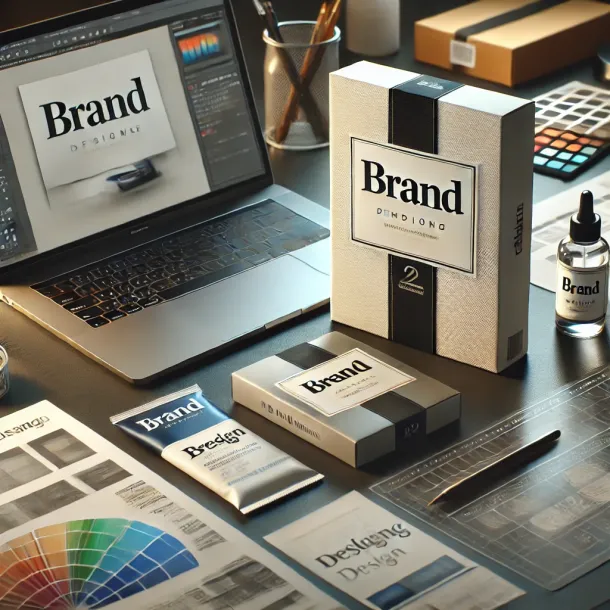Your First Design Job: Tips for New Designers Breaking In
Your First Design Job: Tips for New Designers Breaking In
Landing your first design job is an exciting milestone, but it can also be challenging. This guide provides tips for new designers on how to navigate the job search, impress potential employers, and start building a successful career.
Preparing for the Job Market
1. Build a Strong Portfolio
Your portfolio is essential for showcasing your skills. Include a mix of personal projects, freelance work, or internship pieces to highlight your versatility. Focus on presenting a variety of work, such as logos, layouts, or UI designs, and organize it with a clean layout.
2. Tailor Your Resume for Design Roles
Highlight your design skills, relevant software knowledge, and any experience with client or collaborative projects. Emphasize your education or certifications in design, even if they are self-taught through online courses.
3. Network in Design Communities
Connecting with other designers can lead to job opportunities and valuable insights. Join online communities on Behance, LinkedIn, and Dribbble, and participate in local design meetups to expand your network.
Nailing the Interview Process
1. Showcase Your Process
Employers want to see not only your final designs but also how you arrived at them. During the interview, explain your creative process, decision-making, and any challenges you faced in your projects.
2. Be Ready to Discuss Design Software
Be prepared to demonstrate proficiency in essential tools like Adobe Illustrator, Photoshop, or Figma. If a particular software is mentioned in the job description, ensure you’re familiar with its basics.
3. Ask Thoughtful Questions
Asking questions about the role, team dynamics, and design processes shows that you’re genuinely interested in the position. It also gives you insight into whether the role is a good fit for your goals.
Conclusion: Landing Your First Design Job
Securing your first design job is a big step toward a rewarding career. By building a strong portfolio, networking, and preparing well for interviews, you can make a positive impression and increase your chances of success.

